

A group of my best girlfriends and I were sitting together on a patio having one of our first dinners since the pandemic. The night was beautiful. Wine tastes different with the ones you love, and in this case we really felt that. Our cheeks were red. We ordered our most glutinous dishes and a side of truffle fries for the table. The waiter delivered them in the center and we oohed and awed at their crispy edges and seasoning.
My friend reached for one and coiled behind her face mask. “I’m so so sorry, could you please bring us a side of ranch?”
The waiter replied, “Of course” and shuffled away.
“I hate making him run back and forth,” she said, looking labored.
The waiter returned with a side of ranch and an epiphany. He announced (something along these lines) to the table: “Here’s your side of the ranch, sweetheart. Another thing I realized walking back with it….Never say sorry for something you want and deserve. I know this sounds silly for a side of ranch but I’m serious about this. Own what you want and need and deserve.”
I’m imagining in this moment that he snapped his fingers like a queen but I think I’ve since made that up in my memory. Anyway.
I don’t know if it was the wine or the pink sunset, but you’d think we all got his by a Mack truck. We fell into a glorious fit of agreements. “You’re so right! Oh my god. Thank you for that ranch. I deserved the hell out of that side! What’s your name? You’re our hero!” When he left the table, we all stared at each other. “Was that an angel?” The epiphany was so simple and good. Why were we saying sorry all the goddamn time? Most importantly, why were we apologizing for what we wanted? We weren’t doing anything that warranted any sort of apology. And honestly, when I say “sorry” in the day-to-day (which is a lot) I’m usually not even….sorry.
Well, our outpouring of apologies have a few alibis. First of all, women are sorry culprits more often. Why? We are always on the defense to be exponentially polite and smaller in conversation. We’ll do anything to minimize our impact simply to make sure everyone feels comfortable. Don’t worry about me, I’m a kind, quaint, sweet girl! I promise not to ruffle any feathers or steal your thunder!
I apologize if I stub my own toe on someone else’s coffee table. I apologize if I don’t feel well. For me, “sorry” has become a reflex like saying “like” fifty times when I’m telling one story. It’s easy, a conversation balm, and a pacifier for my confidence.
It’s not to say men are entirely rude assholes and women are the inverse angelic counterparts. But women have typically buffered moments with a stifling, robotic dance. It’s no surprise we’re desperately apologizing for a side of ranch. I mean, consider the phrase “manspreading.” Women don’t like to take up space. So, it’s a little sad we’re the ones apologizing so much. According to a study by the University of Waterloo Canada, women apologize more frequently than men because they have a lower threshold for what’s considered offensive behavior.
Secondarily, women are typically peacemakers and deeply afraid/conscious of losing a bond. Dr. Phyllis Chesler, author of A Politically Incorrect Feminist, says, “Even if women don’t really mean it, they will be quick to apologize, back down, or diplomatically moderate their opinion . . . we bond very deeply with others and are sometimes afraid of losing that person. There’s also a common fear of being shunned by a clique that we value. To avoid that, we just say ‘I’m sorry,’ even if we aren’t.'”
I mean, my god, I get all of that. I apologize for everything. I apologize if my salad tastes like dirt or if my steak is moo’ing at me. I apologize if I stub my own toe on someone else’s coffee table. I apologize if I don’t feel well. For me, “sorry” has become a reflex like saying “like” fifty times when I’m telling one story. It’s easy, a conversation balm, and a pacifier for my confidence. I want deeply to be loved by many and I’m afraid of losing the ability to comfort others around me.
For example, I am REALLY bad at over-apologizing when I write emails. I apologize like it’s pouring out of my ears. Even though I think I’m making the conversations more comfortable for others, it’s exhausting for me and my coworkers. On the other end of that apology campaign, they need to buffer and accept it. And that just gets tiresome. And unnecessary! I’m not even stinkin’ sorry half the time!
It’s in that sense that over-apologizing can jeopardize your career. Saying sorry too much highlights insecurity and self-doubt and can be a quick turnoff for executives. On top of that, unwarranted apologies detract from the quality and sincerity of your message or argument. Think about it: Saying sorry one hundred times at once can make you sound diluted and disingenuous. Are you even sorry?
Unwarranted apologies detract from the quality and sincerity of your message or argument. Think about it: Saying sorry one hundred times at once can make you sound diluted and disingenuous. Are you even sorry?
In any situation, an abundance of apologies can make it seem like you’re subconsciously looking for reassurance. If you have a sloppy presentation and apologize profusely for it, it’s likely you’re hoping your coworkers will pour reassurance all over you. “Don’t worry, you did such a great job!” they’ll exclaim. I am certainly a culprit for looking for compliments in my apologies and I have a lot of personal work to do.
Let’s put “sorry” in the corner and work on this together.
A Quick List of Tips to Not Be Sorry
1. Be more declarative.
This is an obvious one, yet one I struggle with most. Career coach, Kathy Caprino, says that by reframing your speech, you’ll understand more of what you really feel or need. If you need to cancel happy hour with someone because you’re merrily too stressed, instead of saying, “Sorry, I’m just the worst you know?” be honest! Say instead, “Thank you so much for understanding. It’s been a wild week of deadlines and I appreciate you being flexible.”
Which leads me to the next point.


2. Oftentimes, when we want to say sorry, we’re actually grateful.
Consider the side of ranch. My friend was grateful there was a waiter to bring her a side she was craving. And yet, “sorry” came out instead. Kathy Caprino also suggests this: Instead of saying “Sorry for burdening you with all this,” say, “Thank you for listening.” In many situations, we are actually being appreciative of another human being, even though it initially feels like we’re wasting their time. “When you know your own mind, you develop the habit of standing by your word,” Caprino says. “Even if it offends someone or risks your reputation in a group, the more you trust your own word, the more you have courage to be who you are and say what you think.”
3. Take a deep breath.
It will take a lot of self-reflection to get out of the “sorry” spiral. By taking a deep breath, you can evaluate what you truly want. You weren’t sorry. You were grateful, appreciative, and proud of who you are and what you think. Sorry is an emotional barrier we put up begging other people to understand we’re not a bad person. Eventually, if you do it a lot, it makes you feel like a weaker person. Even if you’re not.
You weren’t sorry. You were grateful, appreciative, and proud of who you are and what you think. Sorry is an emotional barrier we put up begging other people to understand we’re not a bad person.


Now, I’m not saying we should be senseless idiots about apologizing. There are certainly appropriate times to do so. We are sloppy humans; we have the ability to deeply hurt someone without knowing it. However, it’s these quick and breezy circumstances that get us down the apology rabbit hole. Don’t apologize for being physically in the way, in the first sentence of an email to your boss, or because you are at a restaurant and need an extra side of ranch.
Own it. Have an opinion. Take up space.


Brittany Chaffee is an avid storyteller, professional empath, and author. On the daily, she gets paid to strategize and create content for brands. Off work hours, it’s all about a well-lit place, warm bread, and good company. She lives in St.Paul with her baby brother cats, Rami and Monkey. Follow her on Instagram, read more about her latest book, Borderline, and (most importantly) go hug your mother.
BY Brittany Chaffee - October 15, 2020
Most-read posts:
Did you know W&D now has a resource library of Printable Art, Templates, Freebies, and more?
take me there
Get Our Best W&D Resources
for designing a life well-lived




Thank you for being here. For being open to enjoying life’s simple pleasures and looking inward to understand yourself, your neighbors, and your fellow humans! I’m looking forward to chatting with you.
Hi, I'm Kate. Welcome to my happy place.





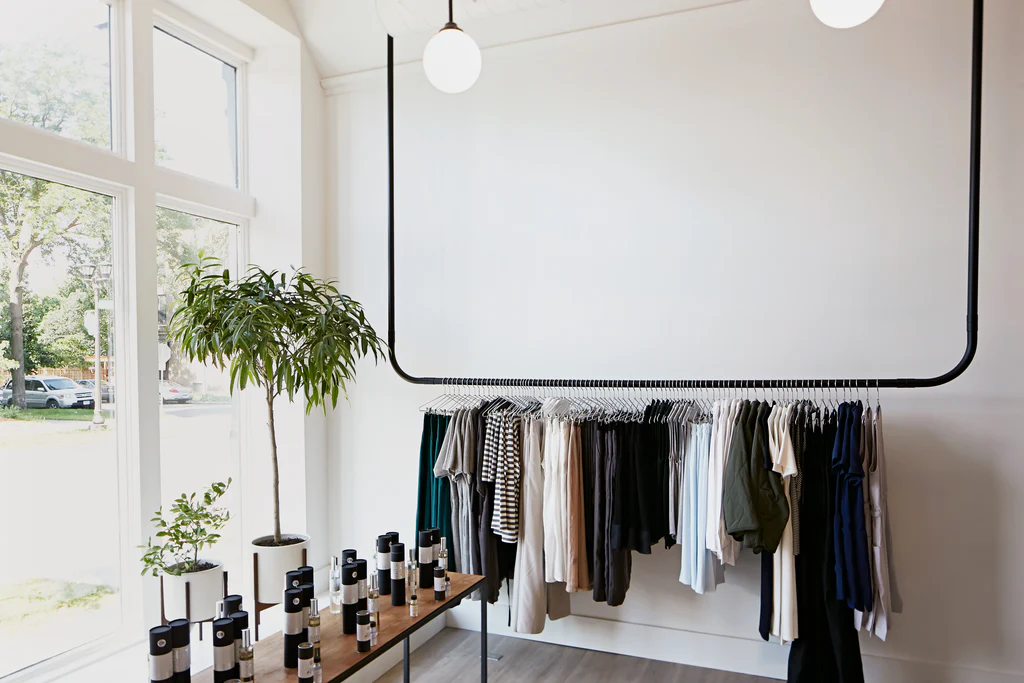
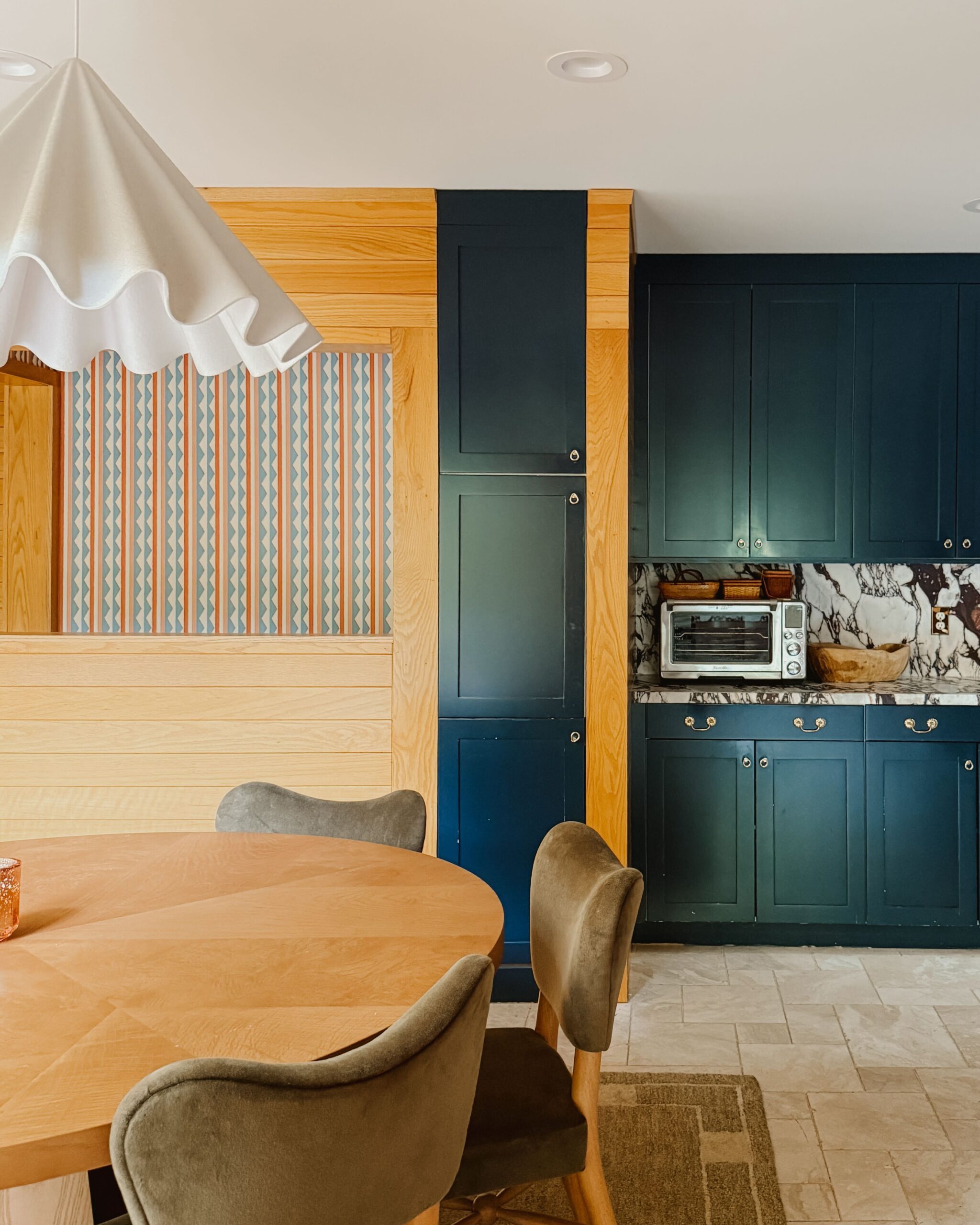
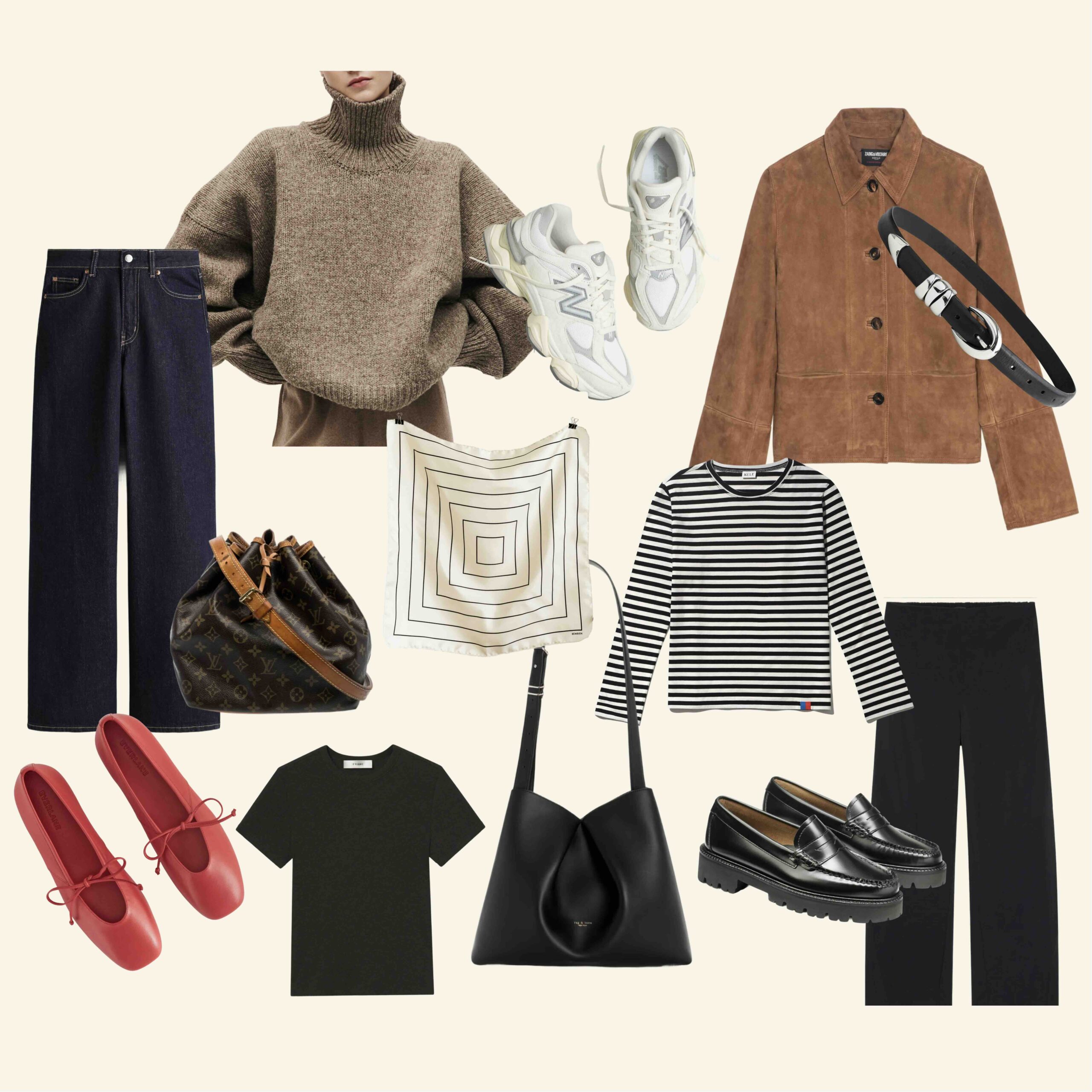

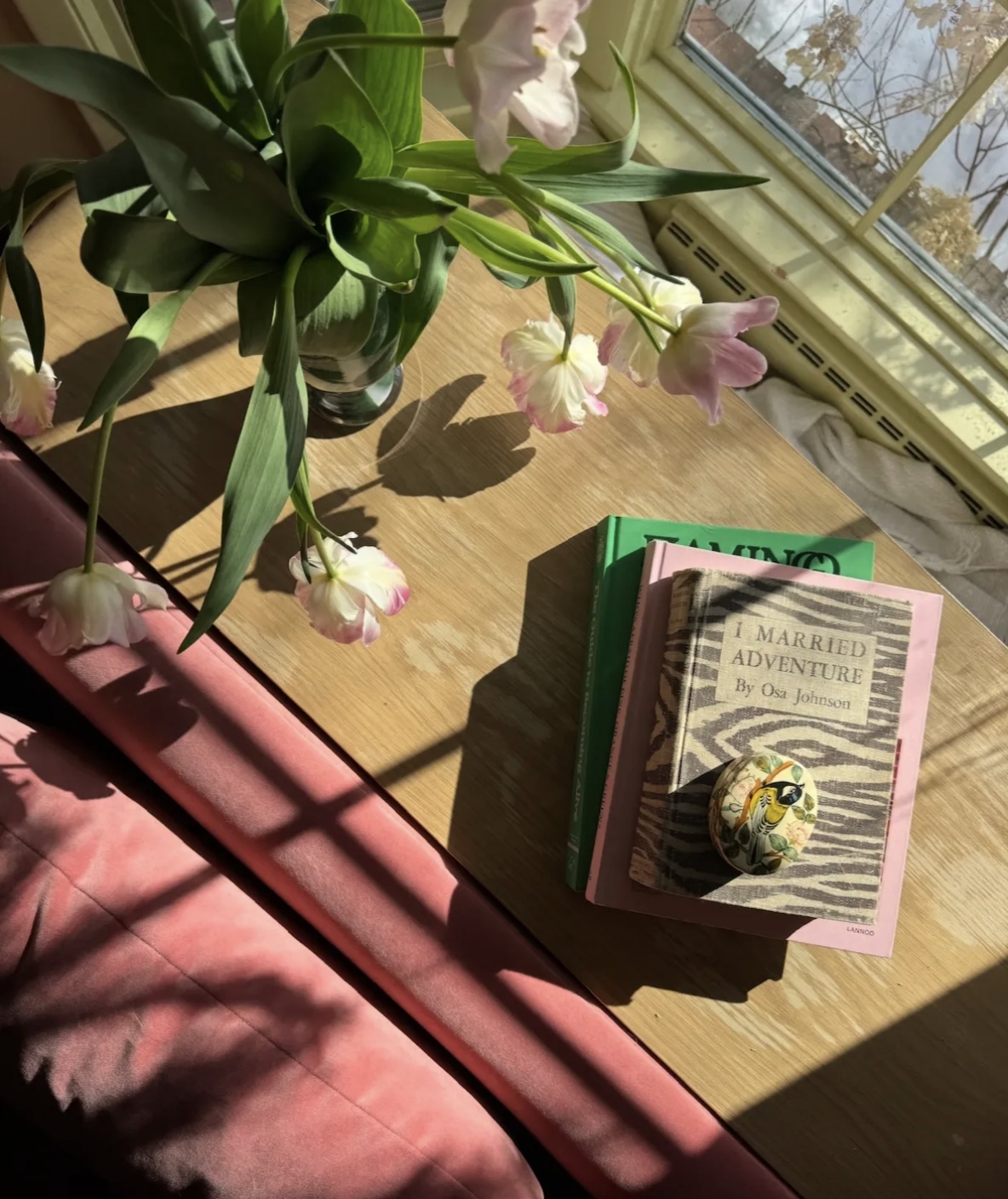
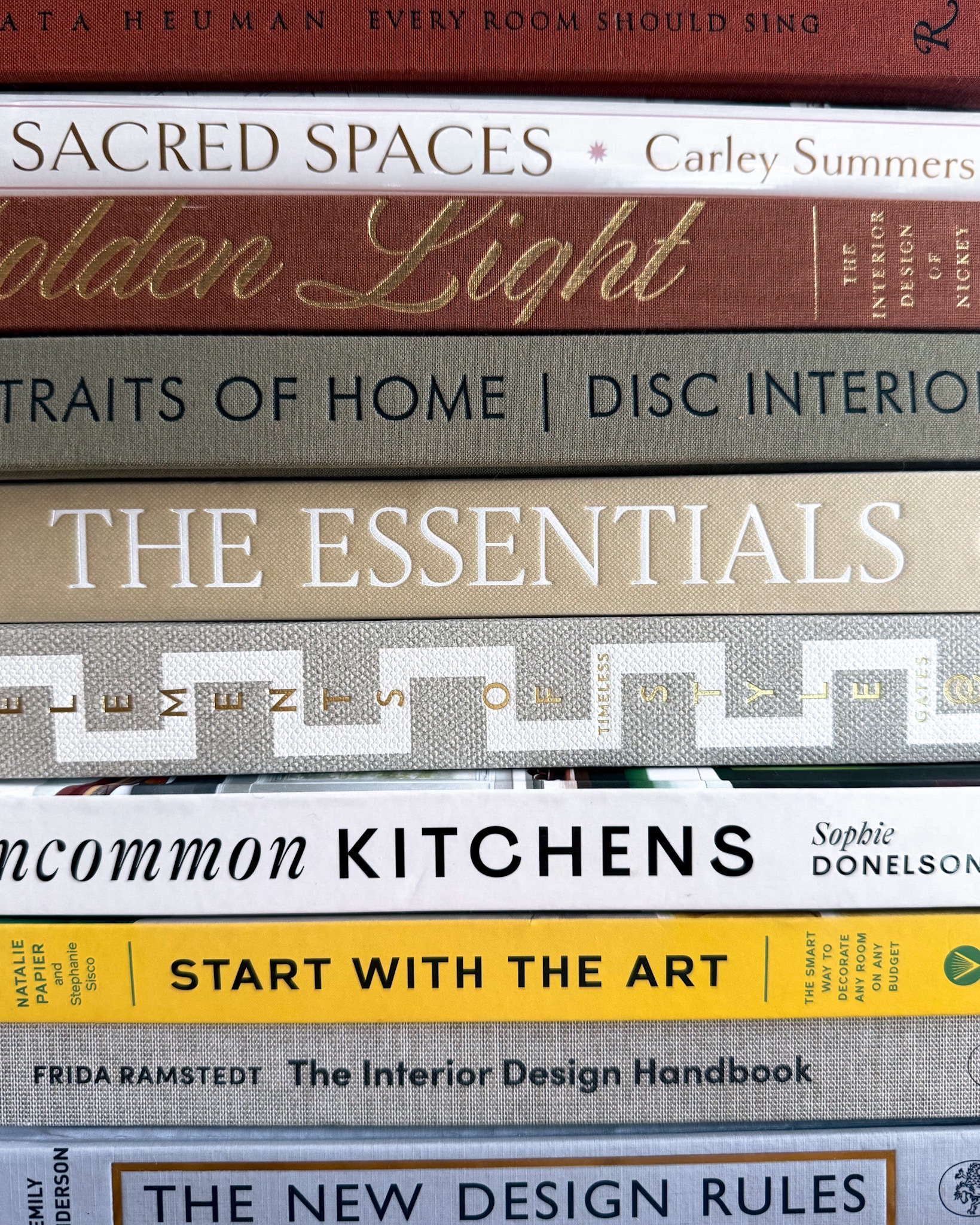
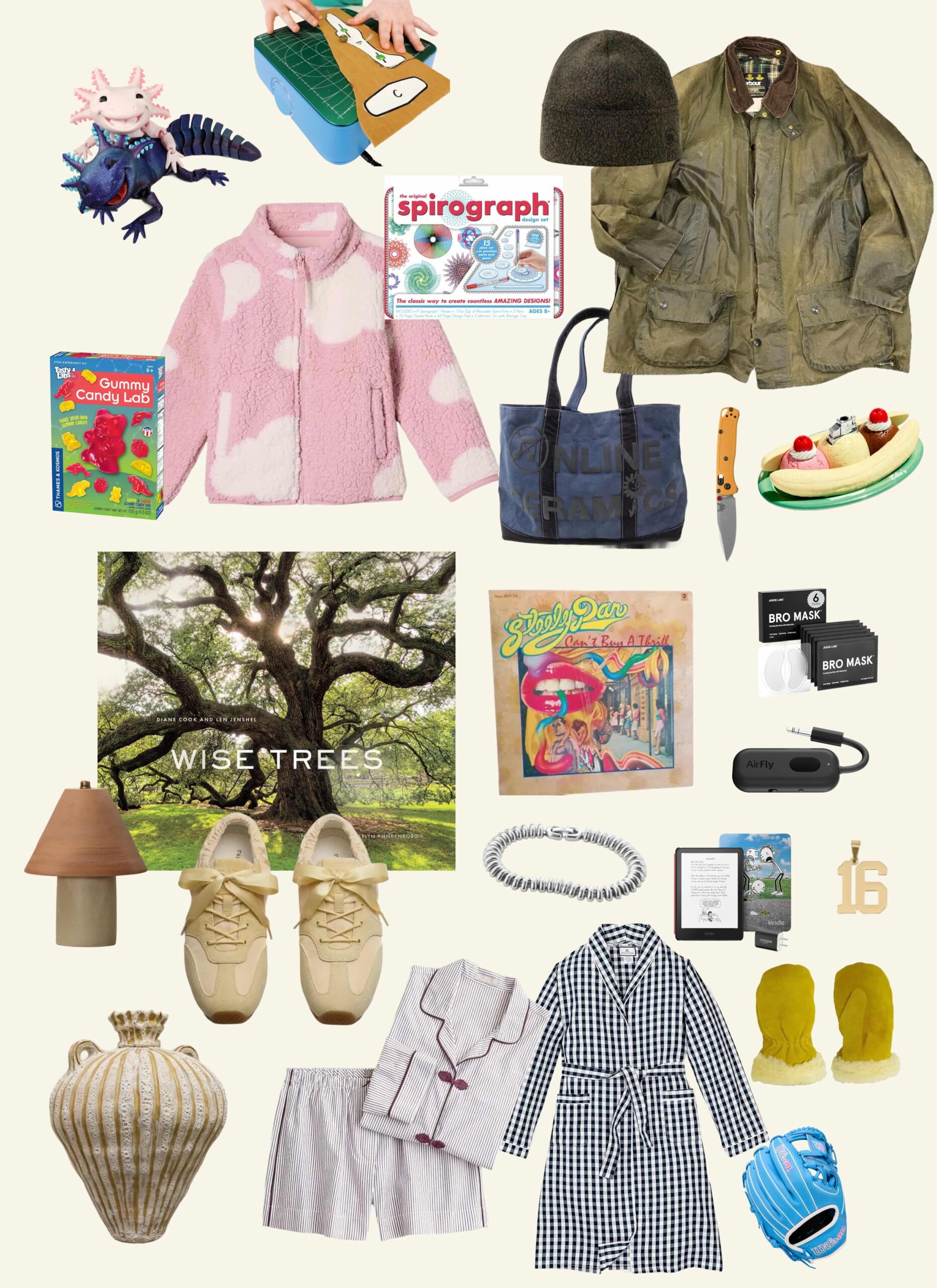
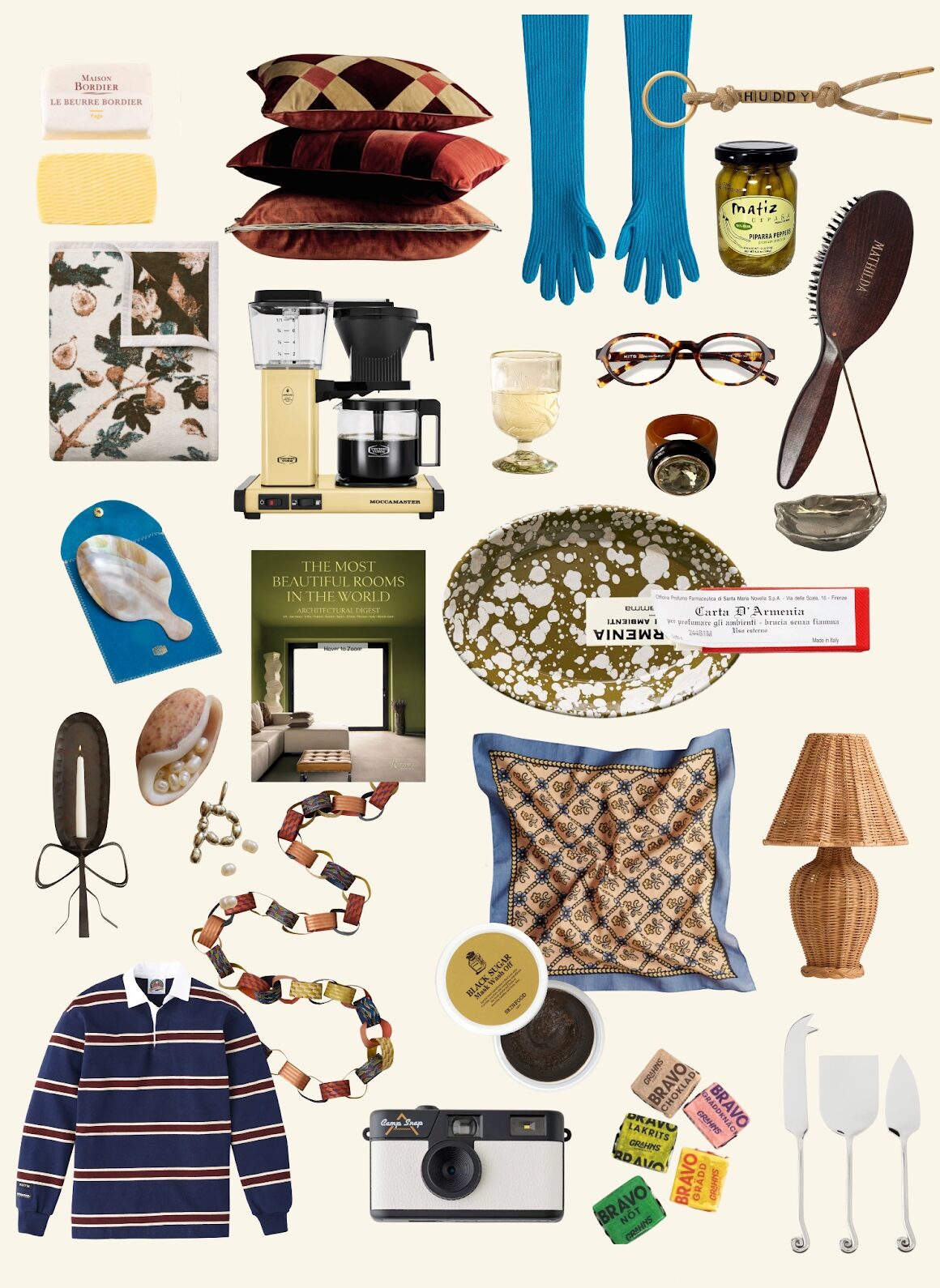




This is actually something I am also working on after one of my best friends pointed out that I use sorry far too often to try to make others more comfortable, but down playing myself in order to do it! Great last line- I plan to to own it, have an opinion, and take up space.
Ally, I’m so glad you feel the same way about the chronic sorries! I always say sorry to make people feel good and I need to flip the script. Here’s to taking up space 🙂
Thank you! I really needed that!
Hi, Fran! I’m so glad you enjoyed. Thank you for reading!
Thank you for this lovely piece! I’ve been working on this for a while and sometimes would still be worried that I might be too rude – this really encourages me!
Hello, Mandy! That’s awesome. If you have any more tips for trying to lessen the sorries, I’m all ears. It’s a tough habit to break but we’re all in this together 🙂